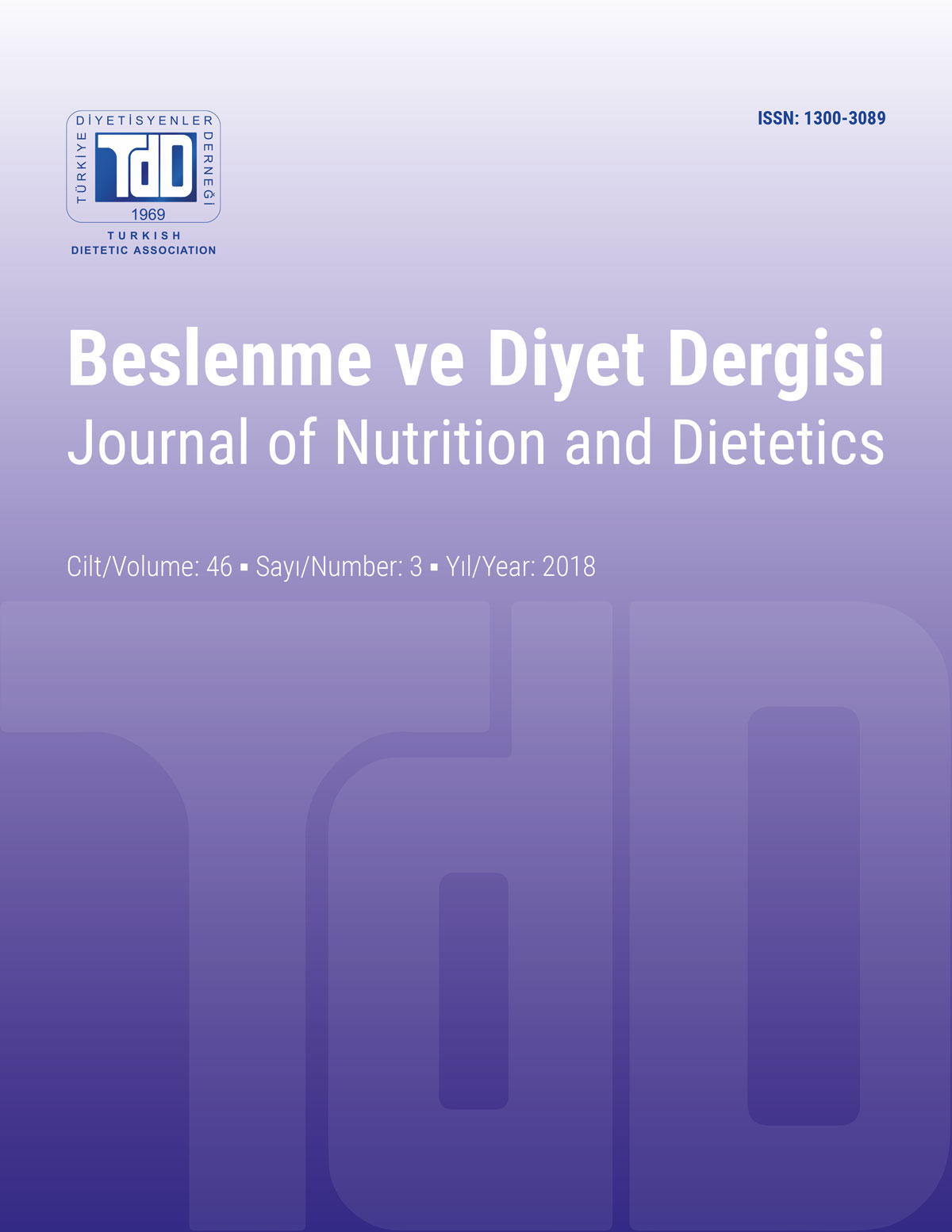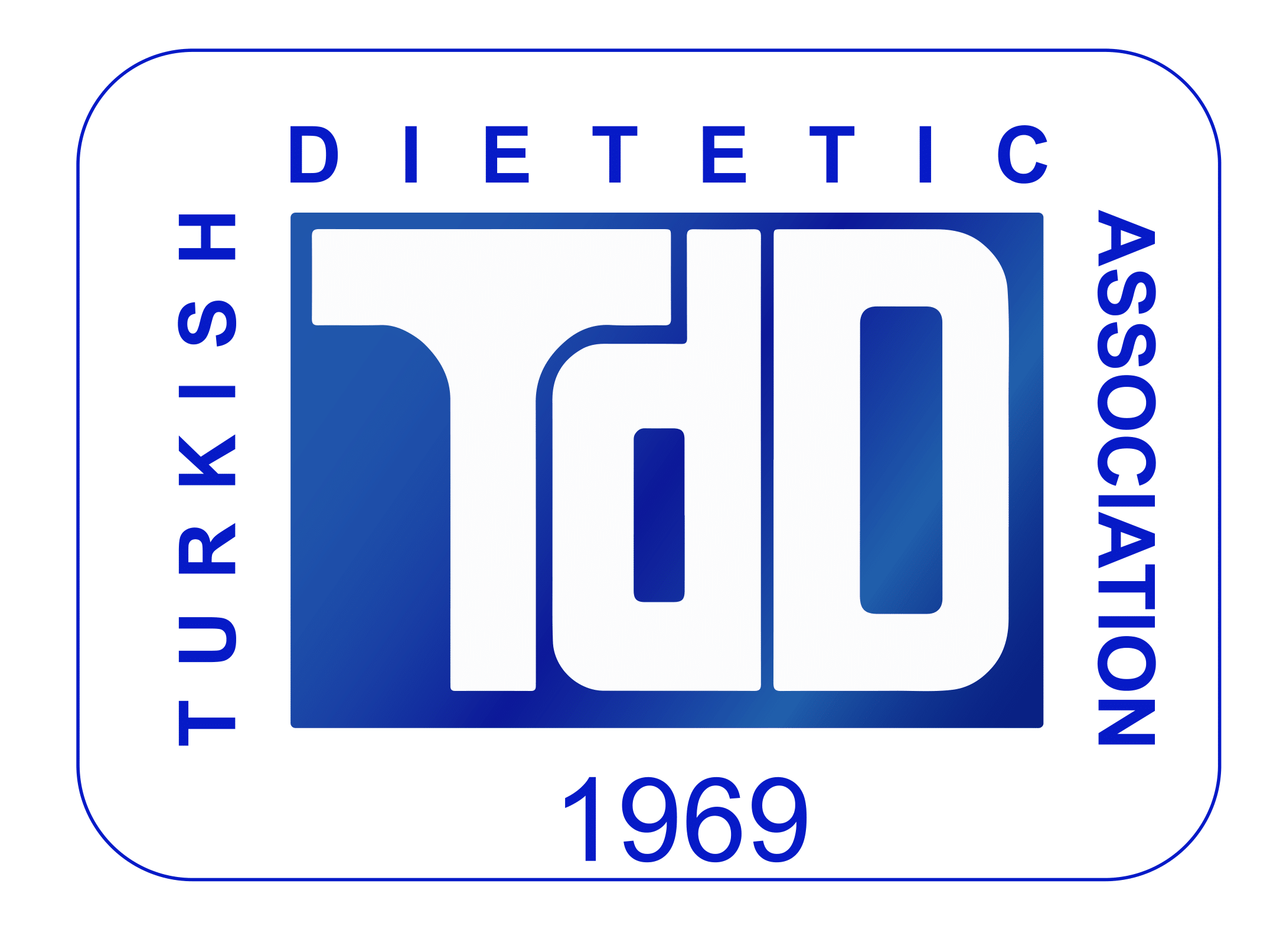Lifestyle Behaviors, Food Consumptions Frequencies and Risky Nutritional Habits in Oncology Patients Receiving Chemotherapy
DOI:
https://doi.org/10.33076/2018.BDD.315Keywords:
nutrition, oncology, chemotherapy, healthy lifestyleAbstract
Aim: The individual lifestyle, which is a controllable risk factor in both at the development and recurrence of cancer, is of great importance. The aim of this study was to investigate the lifestyle behaviors, dietary consumption, frequency and risky dietary habits of the patients who were followed up with the diagnosis of cancer in the medical oncology outpatient clinic.
Subjects and Method: This descriptive and comparative study was carried out on 259 cancer patients (mean age 52.1 years, 64.5% female, 35.5% male) who were volunteered to participate in the study with the probabilistic sampling method in the oncology outpatient clinic of our hospital. “Lifestyle Activities and Risky Eating Habits Questionnaire” was used in the study. Food consumption frequencies were classified as “none, rare, once a week and every day”. Wilcoxon test was used and a value of p<0.05 was considered as statistically significant.
Results: It was determined that 50.6% of patients did not exercise, 33.2% were obese and 55.6% perceived their health as bad. The frequency of phytotherapy and vitamin supplement use were 19.7% and 19.3%, respectively, and 47.6% of patients reported that they use these supplements without any consultation of their doctors/nurses/dietitians. Patients decreased the frequency of consumption of foods such as chicken, sausages-salami, Turkish sausage, milk, coffee, tea, soft drinks, sugar and biscuits, fats (butter, margarine, sunflower seed oil), and increased the frequency of olive oil consumption after they were diagnosed with cancer (p<0.05).
Conclusion: The findings of this study revealed the importance of providing of a healthy lifestyle accompanied with the evaluation of nutritional status, and giving education to cancer patients on reducing the consumption of risky foods.

